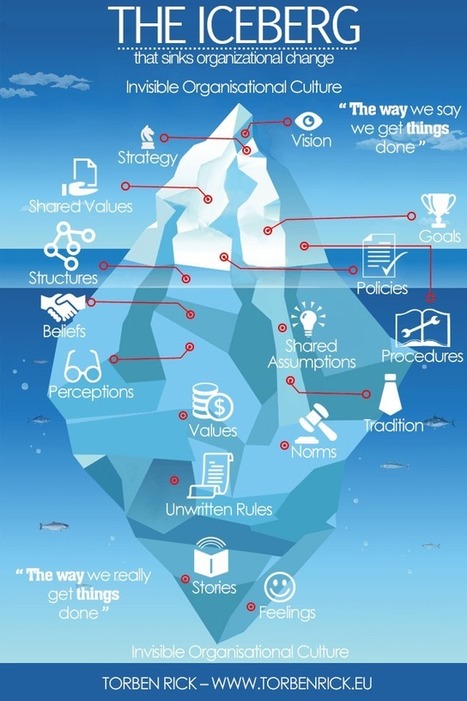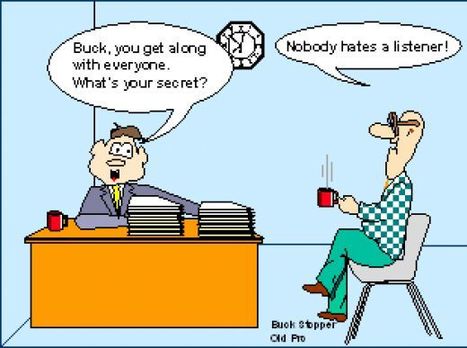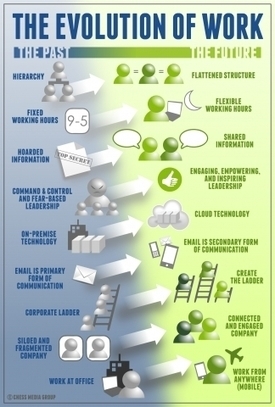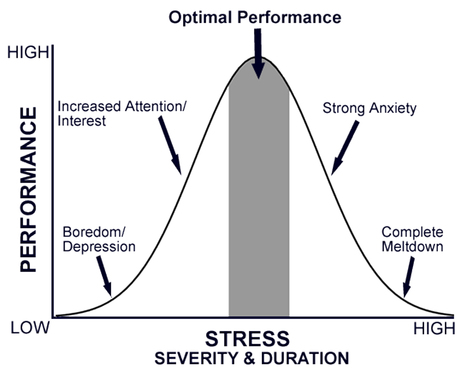Bersin has completed a comprehensive research project on employee recognition (saying "thank you") and the results are really astounding: organizations that give regular thanks to their employees far out perform those that don't.
What their research found was that tenure-based rewards systems have virtually no impact on organizational performance. It turns out that many of these tenure-based rewards programs are really legacy programs from the turn of the century when labor unions forced management to give employees “service awards” and hourly raises for tenure. Most large companies still have these programs today, yet only 58% of employees even know such programs exist. So for the most part they aren’t creating much value.
On other hand, our research did find that modern, re-engineered recognition programs can have a huge impact on business performance.
Via
The Learning Factor,
David Hain



 Your new post is loading...
Your new post is loading...




























What really drives organizations ?
In global companies sometime the organizational cultures differ according to the subsidiaries. This is also of importance for virtual tems who work acroos different subsidiaries and countries.
Lo que hay bajo el Currículum: El Currículum Oculto